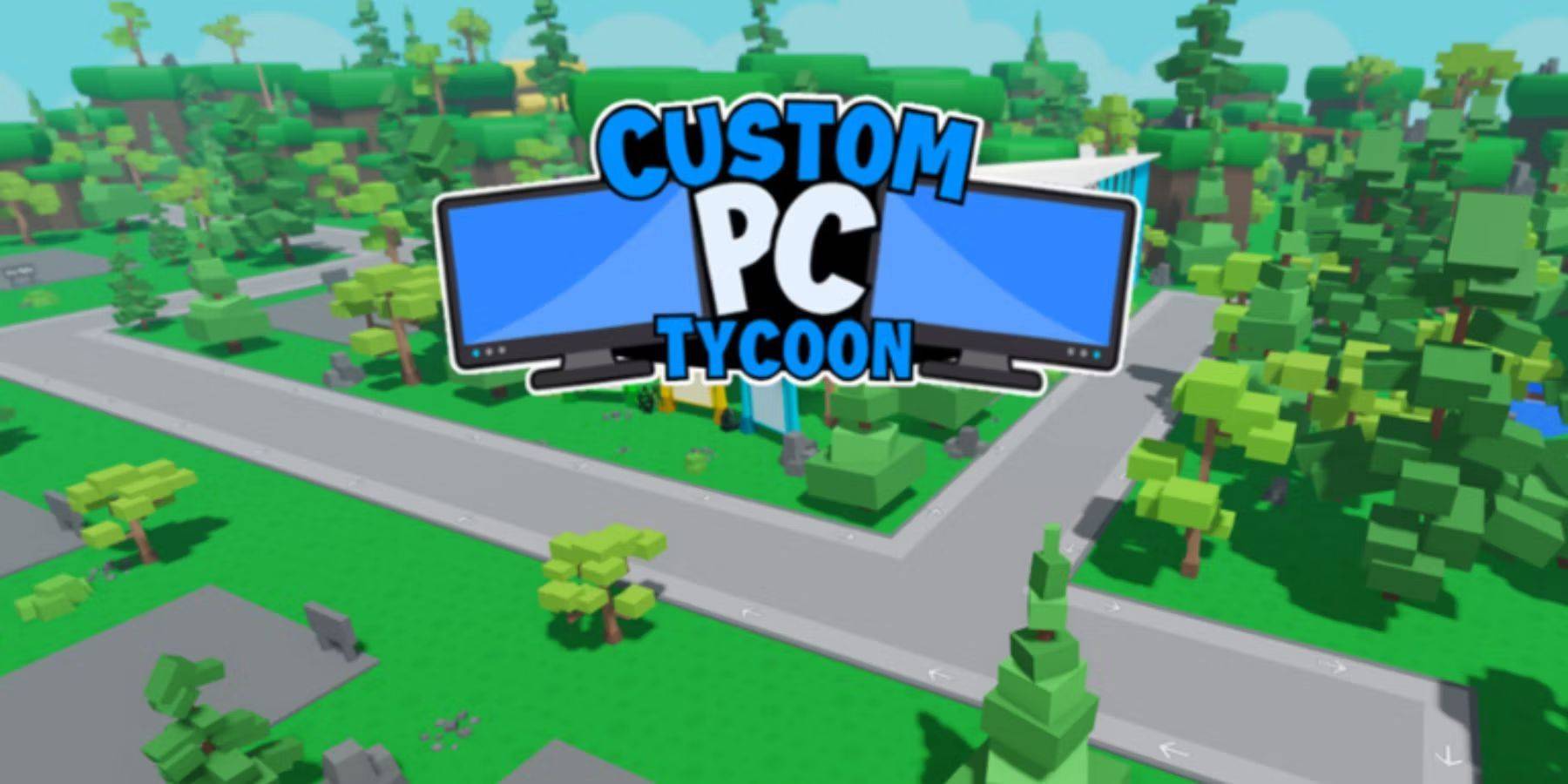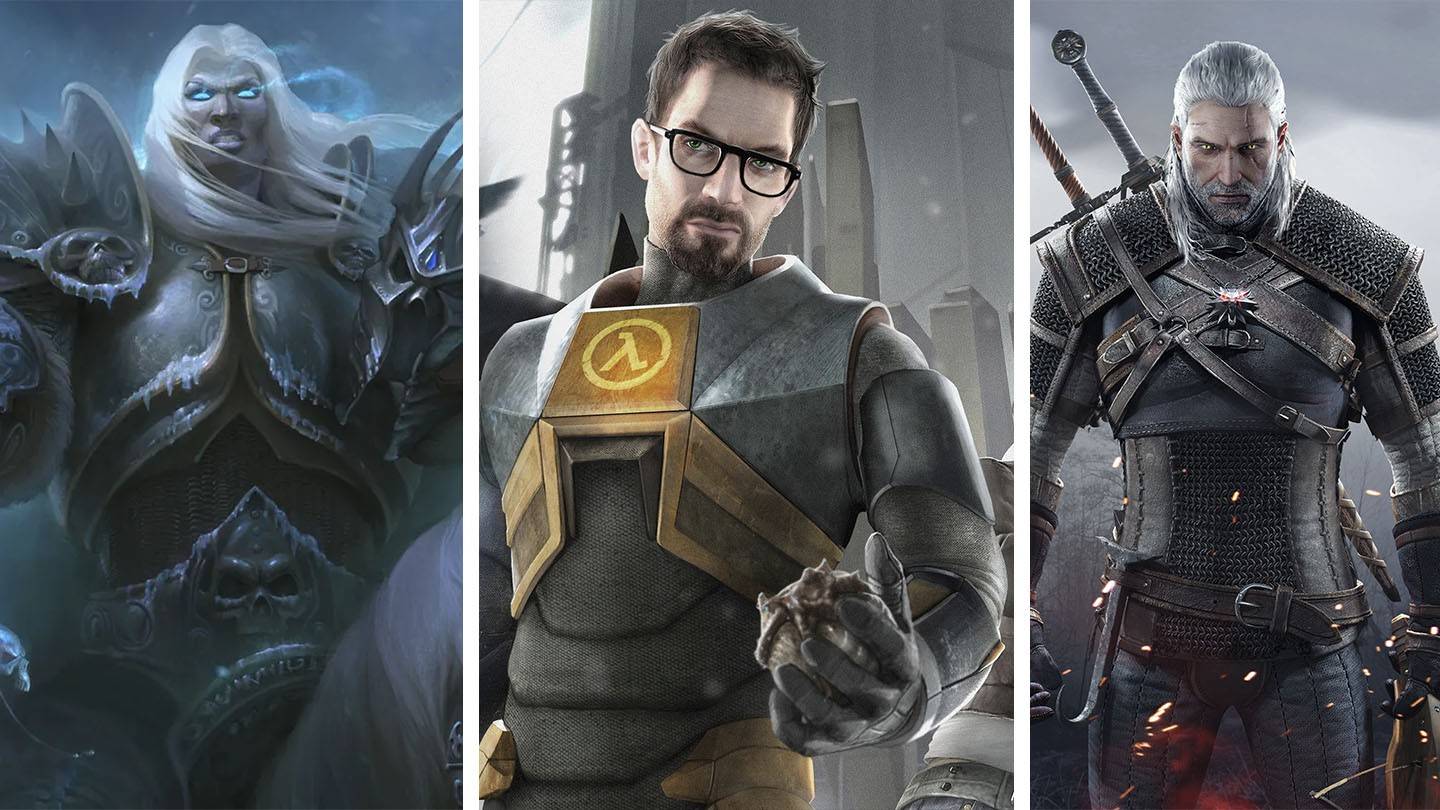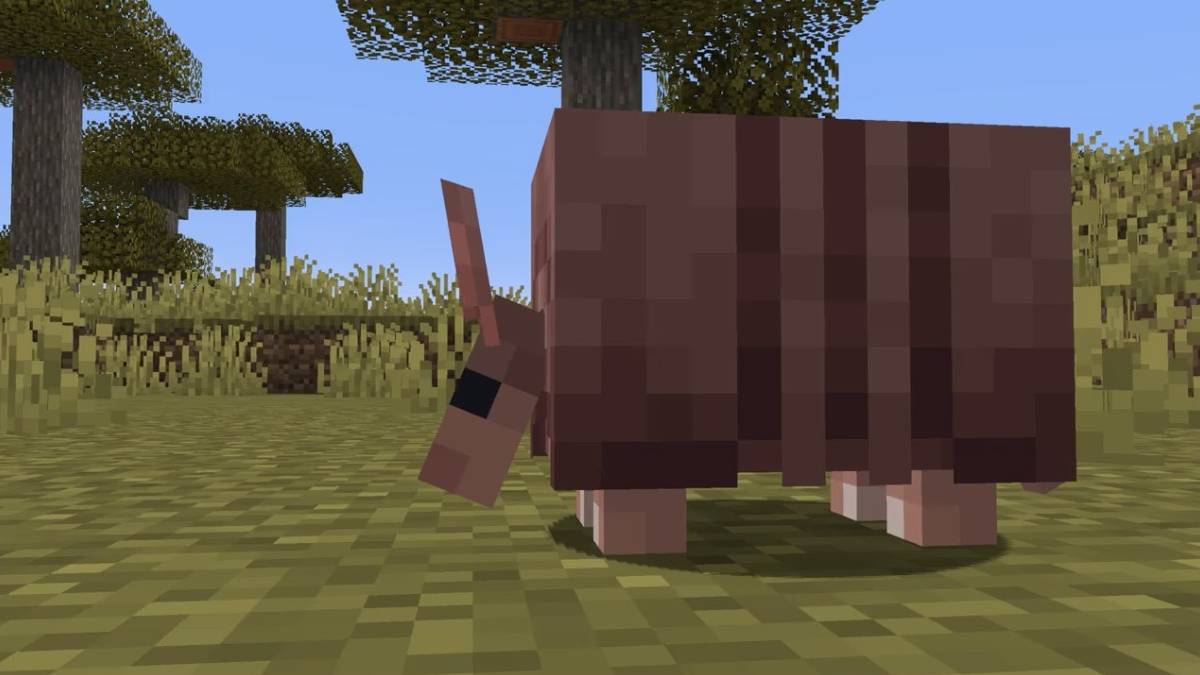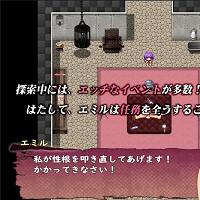The Screen Actors Guild - American Federation of Television and Radio Artists (SAG-AFTRA) has provided an update on the ongoing negotiations concerning AI protections for video game actors, highlighting that while some progress has been achieved, significant differences persist between the guild and the industry's bargaining group. This group is comprised of representatives from major AAA gaming companies.
SAG-AFTRA has released a chart outlining the key discrepancies between their proposals and those of the bargaining group. The unresolved issues include:
- Protection from Digital Replica and Generative AI Use: SAG-AFTRA seeks protection for all work, not just future work post-agreement.
- Definition of "Digital Replica": The guild wants to define it as any performance, vocal or movement, "readily identifiable or attributable to" a performer. The bargaining group prefers "objectively identifiable," which SAG-AFTRA argues could exclude many performances.
- Inclusion of "Movement" Performers: SAG-AFTRA wants these performers included in the AI agreement.
- Terminology for AI-Generated Performances: The guild proposes "real-time generation," while the bargaining group suggests "procedural generation," a term SAG-AFTRA believes has a different meaning in gaming contexts.
- Disclosure Requirements: SAG-AFTRA demands employers disclose if they will blend voices to create digital replicas or use voices for real-time chatbots that can generate any dialogue, as opposed to scripted dialogue.
- Consent Withdrawal During Strikes: SAG-AFTRA's proposal allows performers to withdraw consent for digital replica use during strikes, while employers want to retain usage rights.
- Duration of Consent for Real-Time Generation: SAG-AFTRA suggests a five-year consent period, renewable, whereas the bargaining group seeks unlimited consent.
- Compensation for Digital Replicas: There are numerous disagreements on minimum pay, though tentative agreement has been reached on bonus pay calculations.
- Bonus Rights: The bargaining group proposes a premium payment system akin to the SAG-AFTRA TV/Film agreement, which SAG-AFTRA finds too broad and potentially circumventing union rights.
- Tracking System for Digital Replicas: SAG-AFTRA wants to implement a tracking system to ensure appropriate payment, which the bargaining group deems unfeasible.
- Regulation of Synthetic Performers: Specific definitions and regulations for AI-generated characters are still under negotiation.
Despite tentative agreements on bonus pay, dispute resolution, certain aspects of minimum compensation, consent requirements, and disclosures, SAG-AFTRA's letter to members expresses frustration over the bargaining group's portrayal of being close to a deal, which the guild believes is misleading.
SAG-AFTRA's national executive director and chief negotiator, Duncan Crabtree-Ireland, warned members about the risks of taking roles during the strike, emphasizing the potential for AI misuse and the undermining of collective efforts.
In response, Audrey Cooling, spokesperson for the video game industry bargaining group, stated that they have offered over 15% wage increases for SAG-AFTRA performers, enhanced health and safety protections, and industry-leading terms for AI digital replicas, along with additional compensation for cross-game use of performances. They expressed eagerness to resume negotiations.
The SAG-AFTRA video game strike, now in its eighth month, was triggered by disagreements over AI provisions, despite 24 out of 25 other contract proposals being agreed upon. The impact of the strike is becoming evident, with players noticing unvoiced NPCs in games like Destiny 2 and World of Warcraft. Last year, SAG-AFTRA struck against Riot Games over League of Legends, and Activision recast characters in Call of Duty: Black Ops 6 following player feedback. Most recently, two voice actors for Zenless Zone Zero discovered their replacements through the game's latest patch notes.

 Latest Downloads
Latest Downloads
 Downlaod
Downlaod

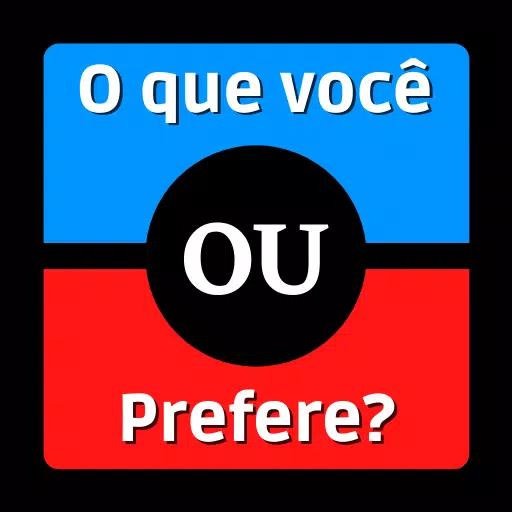

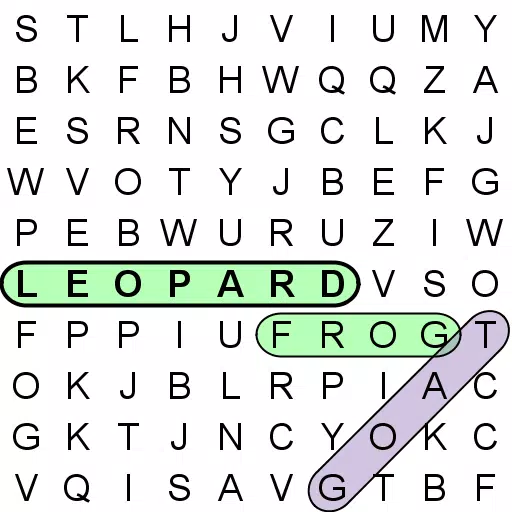
 Top News
Top News